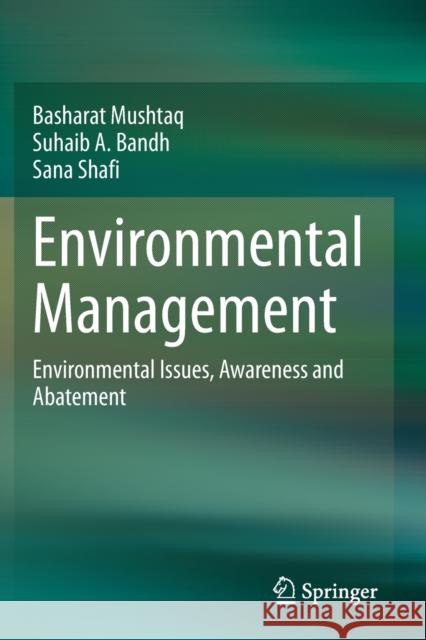Environmental Management: Environmental Issues, Awareness and Abatement » książka
topmenu
Environmental Management: Environmental Issues, Awareness and Abatement
ISBN-13: 9789811538155 / Angielski / Miękka / 2021 / 218 str.
Environmental Management: Environmental Issues, Awareness and Abatement
ISBN-13: 9789811538155 / Angielski / Miękka / 2021 / 218 str.
cena 262,86
(netto: 250,34 VAT: 5%)
Najniższa cena z 30 dni: 250,57
(netto: 250,34 VAT: 5%)
Najniższa cena z 30 dni: 250,57
Termin realizacji zamówienia:
ok. 16-18 dni roboczych.
ok. 16-18 dni roboczych.
Darmowa dostawa!
Kategorie:
Kategorie BISAC:
Wydawca:
Springer
Język:
Angielski
ISBN-13:
9789811538155
Rok wydania:
2021
Wydanie:
2020
Ilość stron:
218
Waga:
0.34 kg
Wymiary:
23.39 x 15.6 x 1.27
Oprawa:
Miękka
Wolumenów:
01
Dodatkowe informacje:
Wydanie ilustrowane











